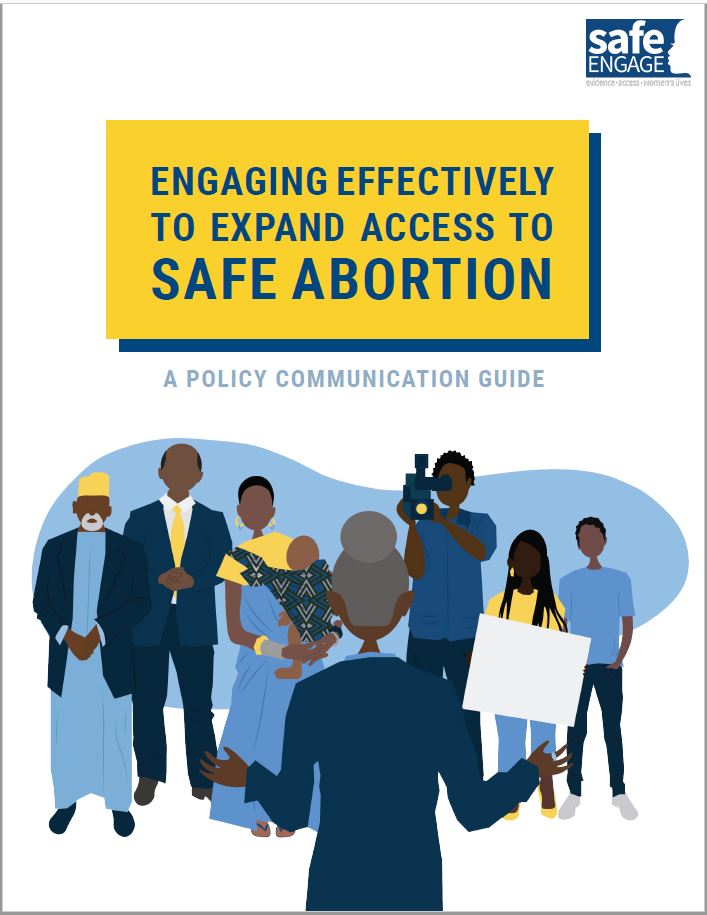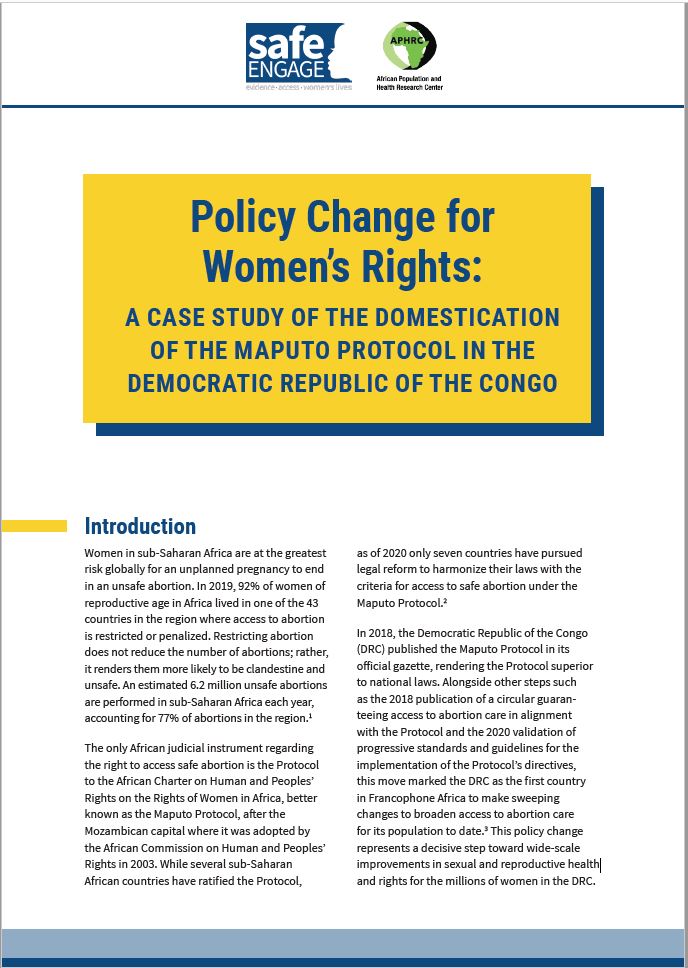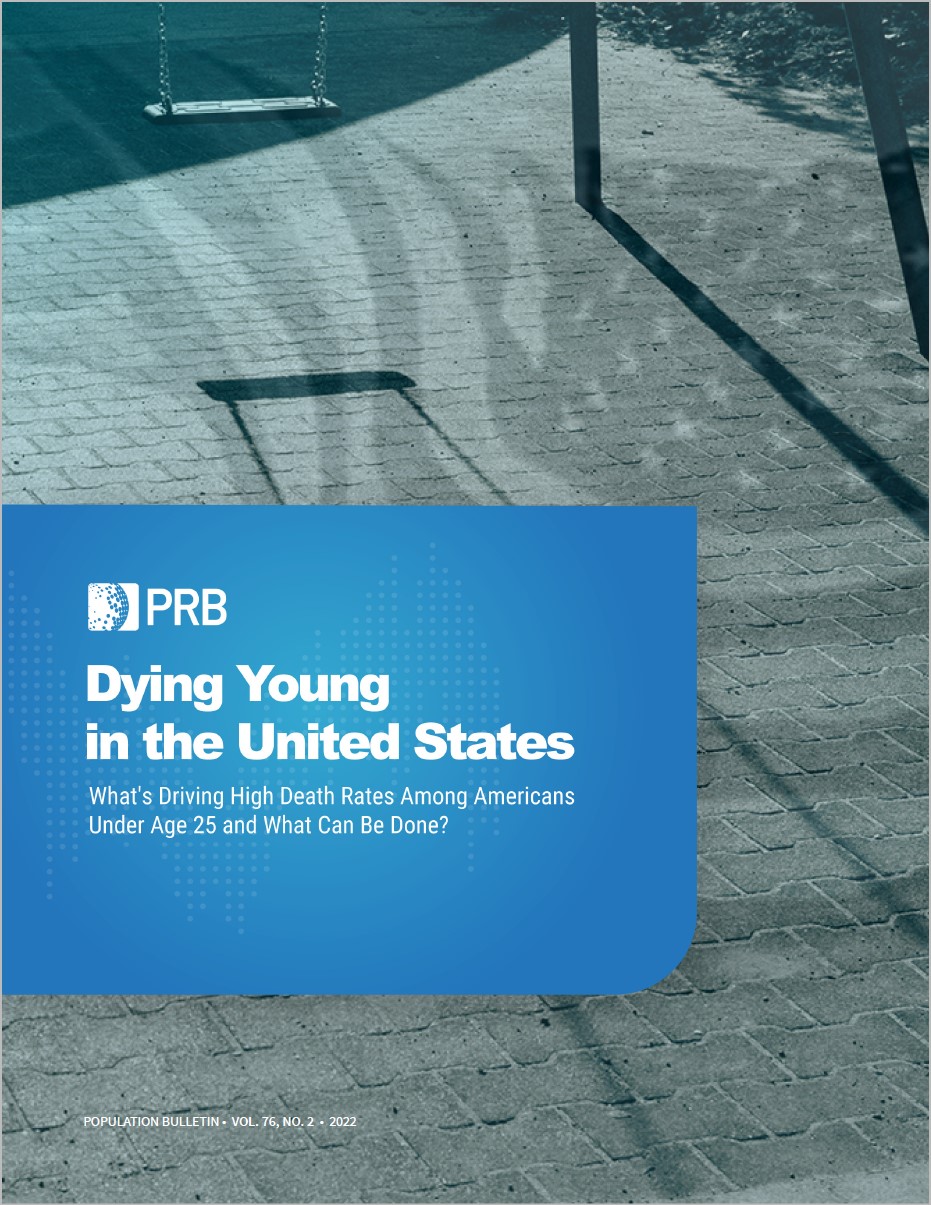Project: Strengthening Evidence-Based Policy to Expand Access to Safe Abortion (SAFE ENGAGE)
496 Search Results Found For : "{19티비} www․19tv․shop 귀인녀채널 귀인녀초대ψ귀인녀추천✻귀인녀출사㈔ヘ煵broccoli"
The Growing Owner/Renter Gap in Affordable Housing in the U.S.
(2013) National trends mask a growing owner/renter gap in the amount of money spent on housing, relative to household income.
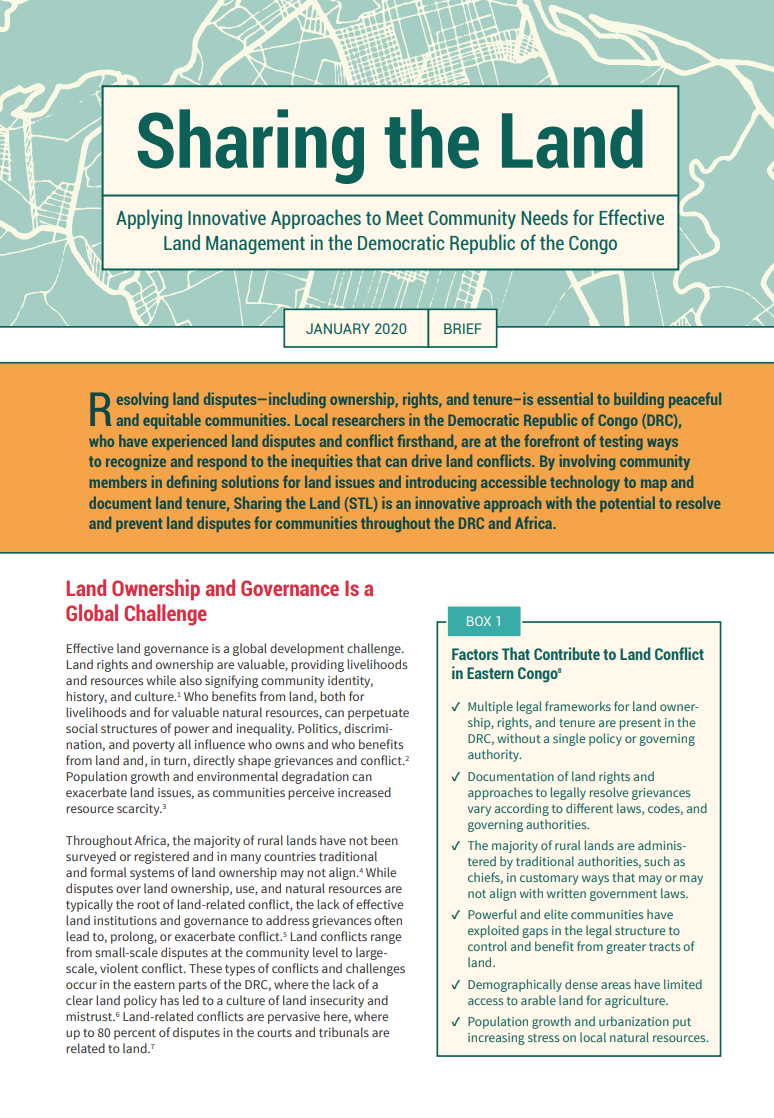
Project: Research Technical Assistance Center (RTAC)
Sharing the Land: Applying Innovative Approaches to Meet Community Needs for Effective Land Management in the Democratic Republic of Congo Communications Brief
This innovation brief describes Sharing the Land’s promising approach to address land conflicts and promote transparency in land governance in the Democratic Republic of Congo.
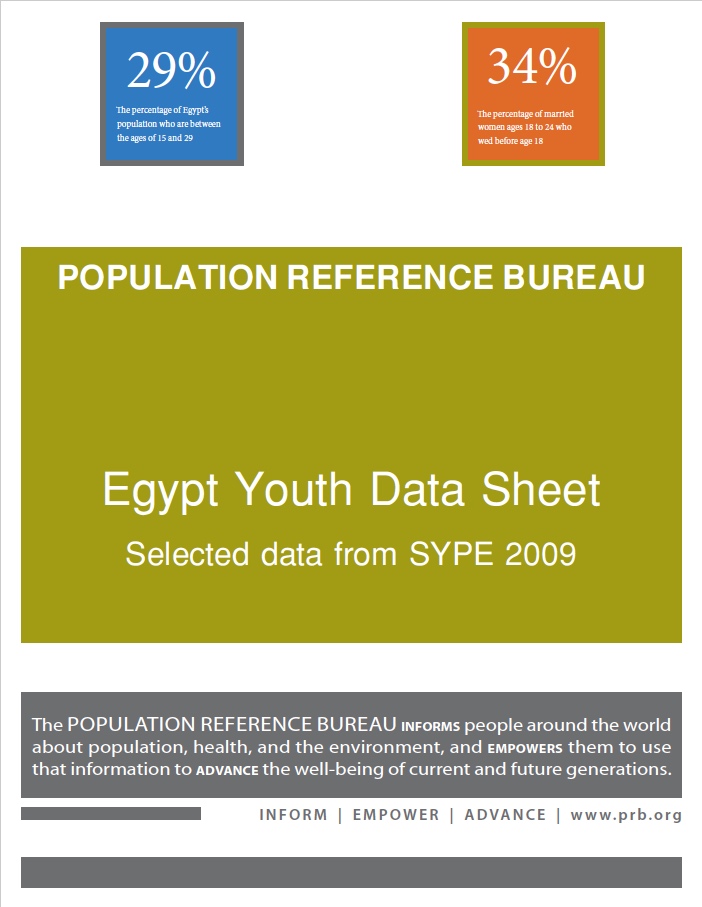
In Egypt, Young Women and People Living With HIV/AIDS Are Among the Most Disadvantaged
(2012) Jan. 25, 2012, marked the one-year anniversary of the antigovernment protests in Egypt that led to President Hosni Mubarak's resignation. Hundreds of thousands of Egyptians, including a vast majority of young people, demanded political freedom, better wages, and better working conditions.
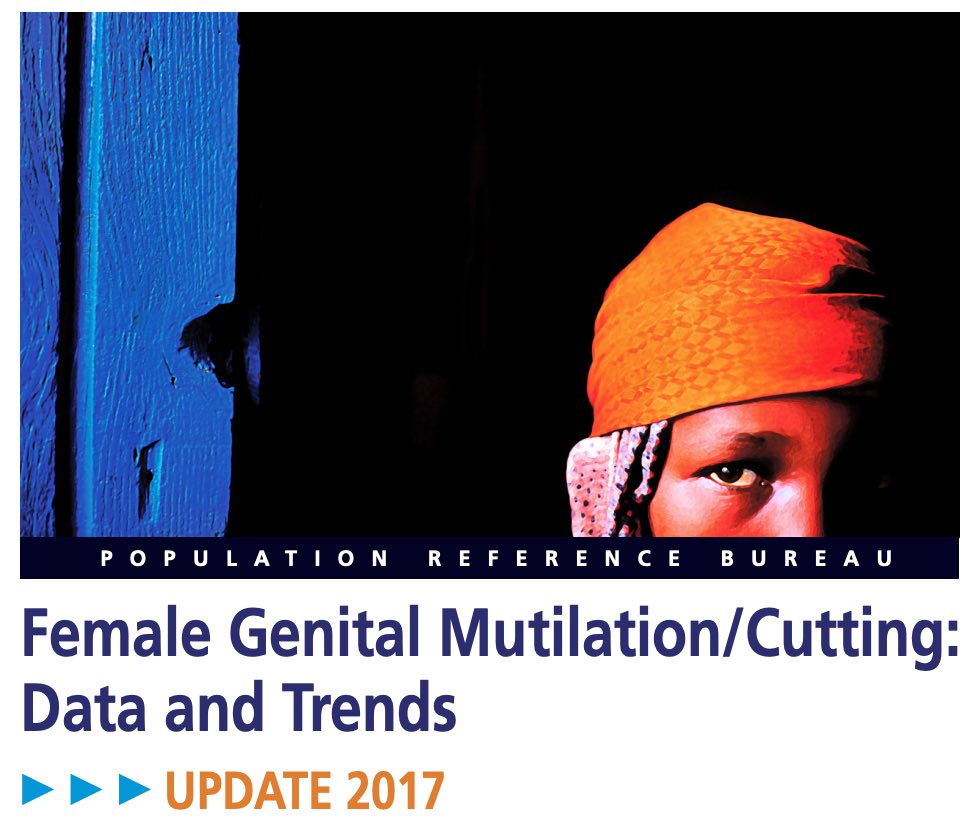
Project: PACE: Policy, Advocacy, and Communication Enhanced for Population and Reproductive Health
Wallchart. Female Genital Mutilation/Cutting Data and Trends, Update 2017
Female Genital Mutilation/Cutting: Data and Trends Update 2017, produced with support from the U.S. Agency for International Development, provides the latest data on the practice in 29 developing countries with representative and comparable data—although FGM/C occurs worldwide.
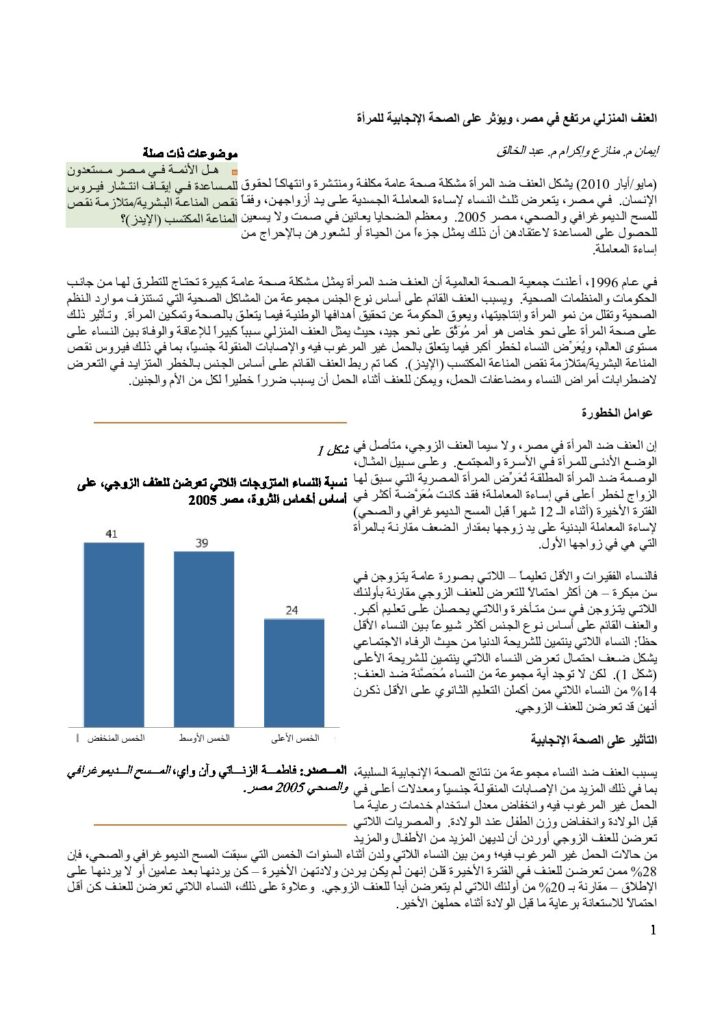
Domestic Violence High in Egypt, Affecting Women’s Reproductive Health
(2010) Violence against women is a costly and pervasive public health problem and a violation of human rights. In Egypt, a third of women are physically abused by their husbands, according to the 2005 Egypt Demographic and Health Survey (DHS).

Project: Evidence to End Female Genital Mutilation/Cutting
Reflections From Five Years of Research on FGM/C
From 2015 to 2019, the African-led consortium developed innovative research methods and uncovered new evidence about the practice and how it is changing—focusing on families and communities, and health and legal systems—in eight countries: Burkina Faso, Egypt, Ethiopia, Kenya, Nigeria, Senegal, Somalia, and Sudan.

